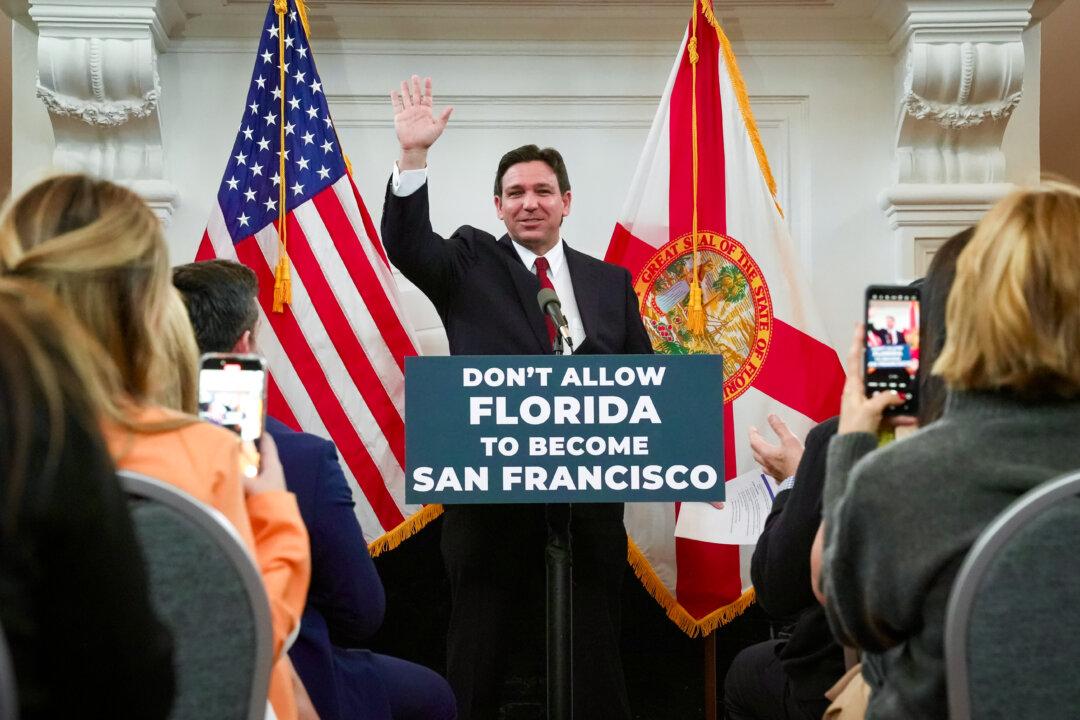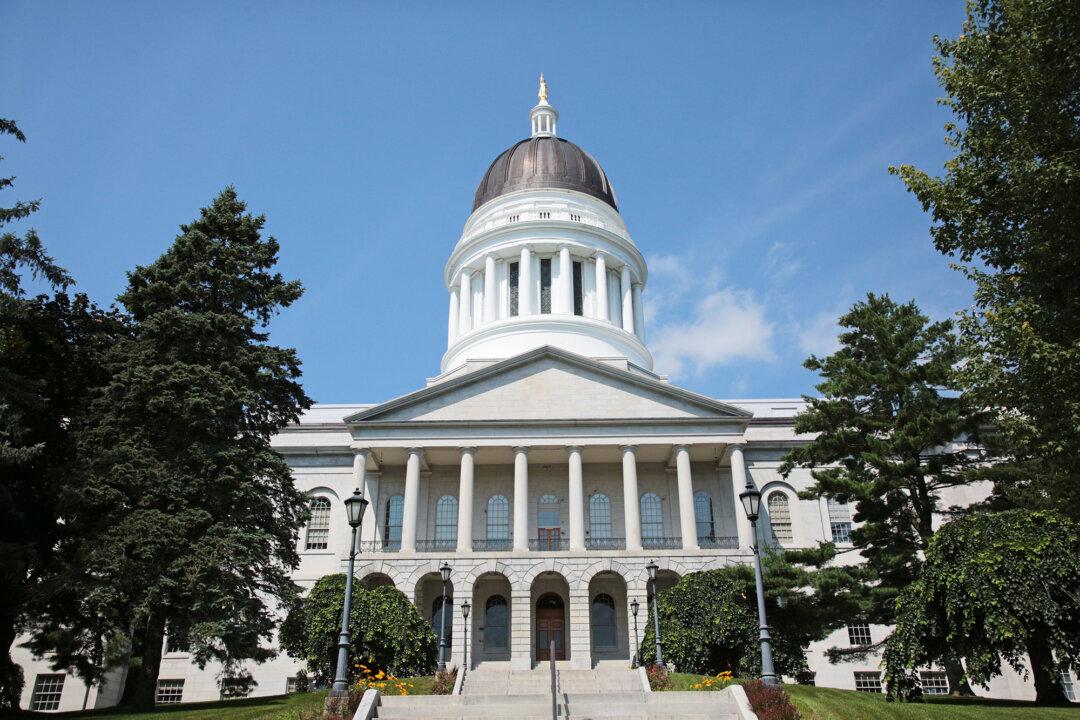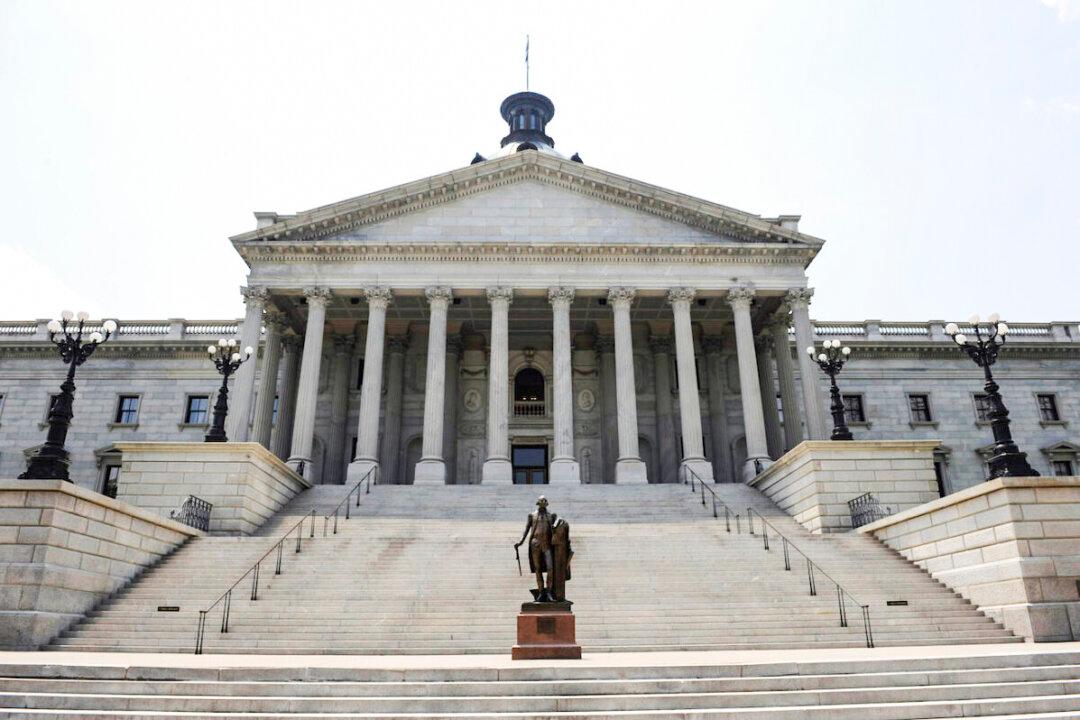Today, some people who identify as transgender expect their doctors to pick up on unspoken facts such as that sometimes “men” complaining of stomach pain are actually women who identify as men.
For doctors to be oblivious to—or ignore—basic human biology, such as the differences between male and female, already has caused great harm, including death, according to Dr. Jeffrey Barrows, senior vice president of bioethics and public policy for the Christian Medical and Dental Associations.




